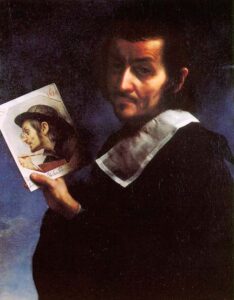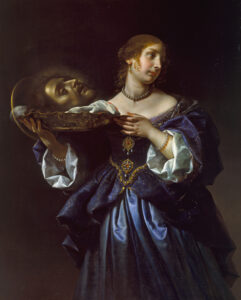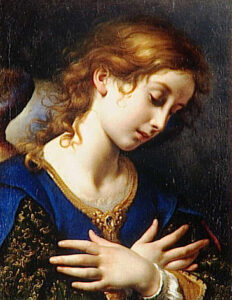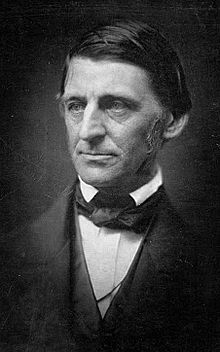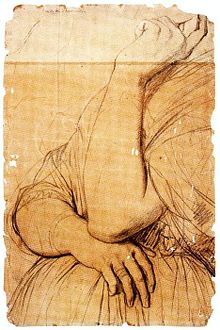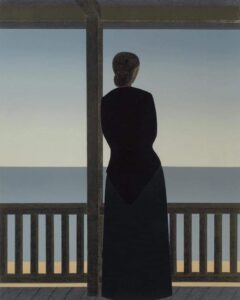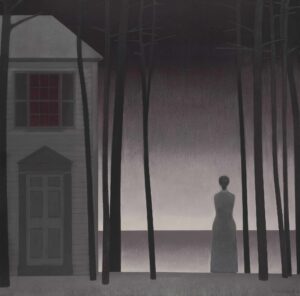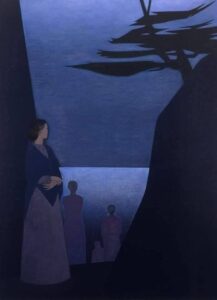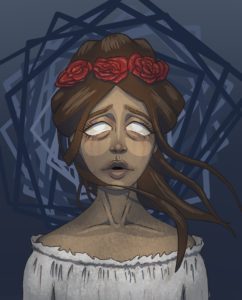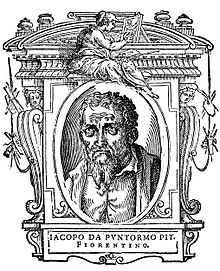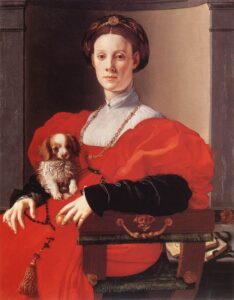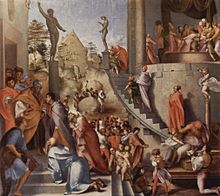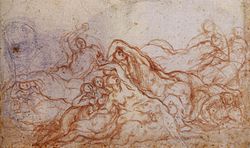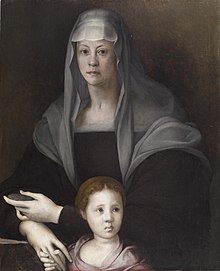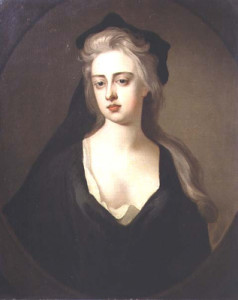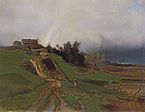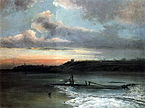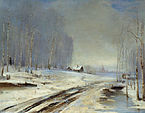Dear Zazie, Here is today’s Lovers’ Chronicle from Mac Tag. Do you know the Dark Muse? Rhett
The Lovers’ Almanac
Dear Muse,
how ’bout this
reality starts up,
to awaken a chance
in time no longer hushed,
the longed for song
feelin’s
with no name
now known
form, syllables & stanzas
verse, with this intent
dark words at rest,
blank page fillin’
inspired by you and
our voice echoes
through it all
© copyright 2021.2023 mac tag/cowboycoleridge all rights reserved
© copyright 2020 mac tag/cowboy coleridge all rights reserved
when i set out
those many miles ago,
the verse was there,
but i knew not why
and moonlight
risin’ on the ranch
lit the lonesomeness
whence comes solace
from sufferin’, bein’
in cleavin’ to the dream
in gazin’ within
i remember
waltzin’ across
the Piazza San Marco
do you
© copyright 2019 mac tag/cowboy coleridge all rights reserved
Pale Love, Pale Rider
dream starts up,
to awaken and dance
in time hushed long since,
the longed for song
familiar face
with no name
if only i knew
form, stanzas and syllables
verse, display and all obey
dark words sent,
blank page slayed
never miss
your name
vision, know not but decay
an arm upraised in a prayer
seal the unforgiven past
a pen to quell regret
mercy, to shield
from torment
protect reveries
from turnin’
into rhapsodies
“That which you know well
(Selective self delusion
only a short ride away)
A part of you, part of all
(Wicked, ways
and choices made,
must be paid)
One of the unforgiven
(Never is as is,
a really long time)
of dark words”
(For stones that were thrown
atonement is a……)
dream starts up,
to stay the course
in time at last heard
the longed for words
© copyright 2018 mac tag/cowboy coleridge all rights reserved
As I have said before, all of my poems are about love or the lack thereof. Here is another for the lack thereof. Another for the Dark Muse. The first in a what will likely be a series of Dark Muse poems. Inspired by the Dark Lady Sonnets by Shakespeare.
Dark Muse
My dream starts up, beams
to make my sad heart awake
and dance in time hushed too long,
the longed for song; hope, love, faith
Who smiles there? A stray spirit
A lovely woman perhaps?
Soul in air, speak, who are you?
Your appearance, what portends?
Your face does seem familiar
If only I knew your name
If only I knew……
When bad tidings this way come
When storm clouds amass
Stern commands are then given:
Form stanzas and syllables
Poems, display and all obey
The dark words sent, blank page slayed
The words in dark skies born, charged
bolts that never miss the truth
Your name, savior? Nemesis?
As halcyon days in spring,
vision in this ray, floatin’,
for me; know not but decay
One arm upraised in a prayer
Seal the unforgiven past
Hold a pen to quell regret
Mercy, wings stretched broad across
to shield and free from torment
To protect my reveries
from turnin’ into painful
rhapsodies
Your name, tell now or depart!
I am that which you know well
(Selective self delusion
only a heartbeat away)
A part of you, part of all
(Wicked, wicked ways
and choices made, must be paid)
One of the unforgiven
(Never is as is,
a really long time)
Mother of Dark Words
(For stones that were thrown
atonement is a……)
My dream starts up, streams
to force my sad heart on course
and march in time at last heard,
the longed for words of darkness
© 2013 Cowboy Coleridge All rights reserved
Today is the birthday of Domenico Ghirlandajo (Domenico di Tommaso Curradi di Doffo Bigordi; Florence; 2 June 1448 – 11 January 1494); Renaissance painter.
Ghirlandaio was part of the so-called “third generation” of the Florentine Renaissance, along with Verrocchio, the Pollaiolo brothers and Sandro Botticelli. Ghirlandaio led a large and efficient workshop that included his brothers Davide Ghirlandaio and Benedetto Ghirlandaio, his brother-in-law Bastiano Mainardi from San Gimignano, and later his son Ridolfo Ghirlandaio. Many apprentices passed through Ghirlandaio’s workshop, including the famous Michelangelo. His particular talent lay in his ability to posit depictions of contemporary life and portraits of contemporary people within the context of religious narratives, bringing him great popularity and many large commissions.
Gallery
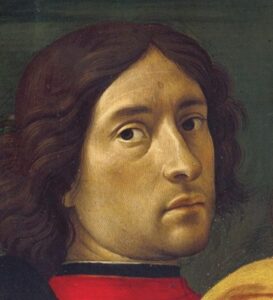
Considered a self-portrait
from Adoration of the Magi, 1488
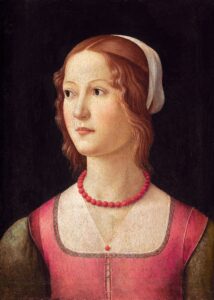
Portrait of a Young Woman, Museu Calouste Gulbenkian
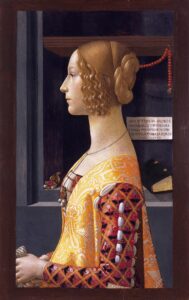
Portrait of Giovanna Tornabuoni, (1488) Museo Thyssen-Bornemisza, Madrid
| Thomas Hardy | |
|---|---|
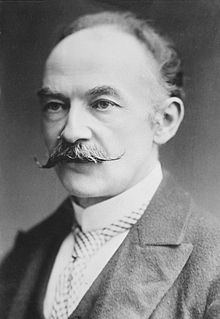
Hardy between about 1910 and 1915
|
|
Today is the birthday of Thomas Hardy (Stinsford, Dorset 2 June 1840 – 11 January 1928 Dorchester, Dorset); novelist and poet. A Victorian realist in the tradition of George Eliot, he was influenced both in his novels and in his poetry by Romanticism, especially William Wordsworth. Charles Dickens was another important influence. Like Dickens, he was highly critical of much in Victorian society, though Hardy focused more on a declining rural society. While Hardy wrote poetry throughout his life and regarded himself primarily as a poet, his first collection was not published until 1898. Initially, he gained fame as the author of novels, including Far from the Madding Crowd (1874), The Mayor of Casterbridge (1886), Tess of the d’Urbervilles (1891), and Jude the Obscure (1895). Hardy’s poetry, though prolific, was not as well received during his lifetime. It was rediscovered in the 1950s, when Hardy’s poetry had a significant influence on the Movement poets of the 1950s and 1960s.
In 1874, he fell in love with and married Emma Lavinia Gifford, but he later became estranged from her. After her death, he married his much younger secretary, Florence Emily Dugdale. But he felt intensely remorseful about the estrangement from Emma, and his Poems 1912-1913 were elegies for her and explorations of his grief. A biographer of Hardy called the collection “one of the finest and strangest celebrations of the dead in English poetry”.
Verse
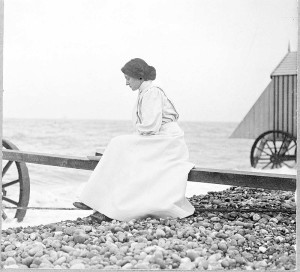
Florence Hardy at the seaside
When I set out for Lyonnesse,
A hundred miles away,
The rime was on the spray,
And starlight lit my lonesomeness.
- “When I Set Out For Lyonnesse” (1870), lines 1-4, from Satires of Circumstance (1914)
Whence comes solace? Not from seeing,
What is doing, suffering, being;
Not from noting Life’s conditions,
Not from heeding Time’s monitions;
But in cleaving to the Dream
And in gazing at the Gleam
Whereby gray things golden seem.
- “On a Fine Morning” (1899), lines 1-7, from Poems of the Past and Present (1901)
- We two kept house, the Past and I,
The Past and I;
I tended while it hovered nigh,
Leaving me never alone.- “The Ghost of the Past”, lines 1-4, from Satires of Circumstance (1914)
- In a solitude of the sea
Deep from human vanity,
And the Pride of Life that planned her, stilly couches she.- “The Convergence of the Twain” (Lines on the loss of the Titanic) (1912), lines 1-3, from Satires of Circumstance (1914)
Woman much missed, how you call to me, call to me,
Saying that now you are not as you were
When you had changed from the one who was all to me,
But as at first, when our day was fair.
- “The Voice” (1912), lines 1-4, from Satires of Circumstance (1914)
Today is the birthday of Paul-Albert Besnard (Paris 2 June 1849 – 4 December 1934) was a French painter and printmaker.
A great virtuoso, he achieved brilliant successes alike in watercolour, pastel, oil and etching, both in portraiture, in landscape and in decoration. His close analysis of light can be studied in his picture La femme qui se chauffe at the Luxembourg in Paris, one of a large group of nude studies of which a later example is Une Nymphe au bord de la mer; and in the work produced during and after a visit to India in 1911. A large panel, Peace by Arbitration, was completed seven days before the outbreak of war in 1914.
Gallery
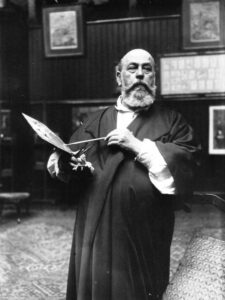
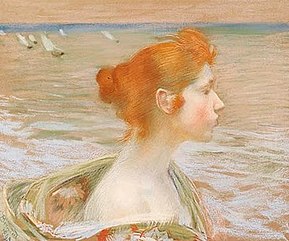
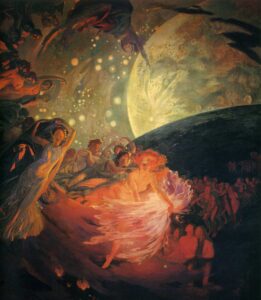
La vérité qui guide les sciences tout en diffusant la lumière
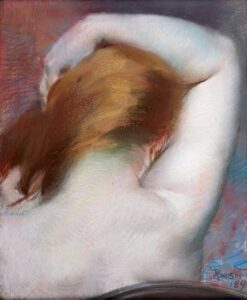
“La Nuque”
The Song of the Day is “Dark Shines” by Muse. We do not own the rights to this song. All rights reserved by the rightful owner. No copyright infringement intended.
Mac Tag
Follow us on twitter @cowboycoleridge

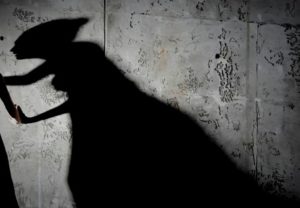
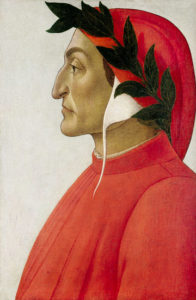 Today is the day we celebrate the birth of Italian poet, prose writer, literary theorist, moral philosopher, and political thinker, Dante, born Durante degli Alighieri in Florence, Italy, in 1265. No one knows for sure the exact date but it is generally believed to be in May. What is known about the poet is that he met his great love and muse, Beatrice, when he was about nine years old; it was love at first sight. Three years later, he was promised in marriage to another girl, but that did not stop him from writin’ about Beatrice in his poetry, where he referred to her as his main reason for livin’. There is a topic that could fill the hours; the main reason for livin’. Right now, my main reason for livin’ is puttin’ words together for you my muse.
Today is the day we celebrate the birth of Italian poet, prose writer, literary theorist, moral philosopher, and political thinker, Dante, born Durante degli Alighieri in Florence, Italy, in 1265. No one knows for sure the exact date but it is generally believed to be in May. What is known about the poet is that he met his great love and muse, Beatrice, when he was about nine years old; it was love at first sight. Three years later, he was promised in marriage to another girl, but that did not stop him from writin’ about Beatrice in his poetry, where he referred to her as his main reason for livin’. There is a topic that could fill the hours; the main reason for livin’. Right now, my main reason for livin’ is puttin’ words together for you my muse.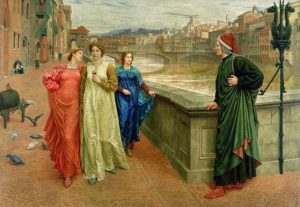
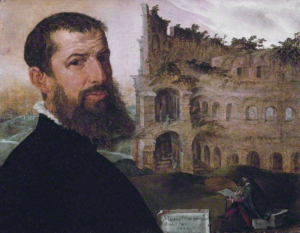
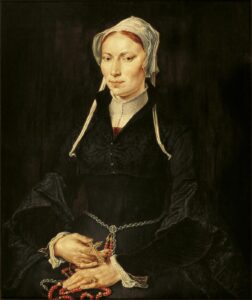
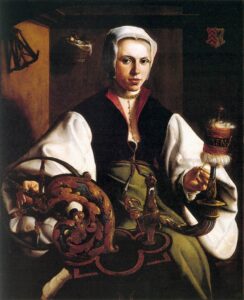
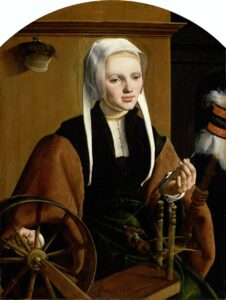

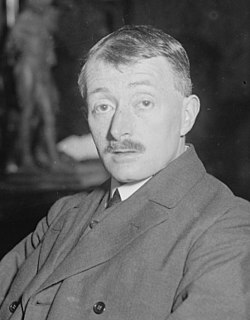
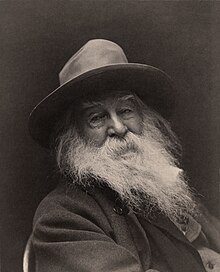
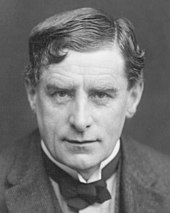
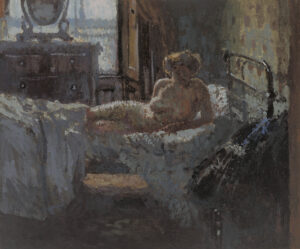
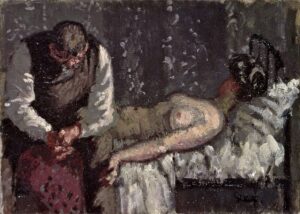
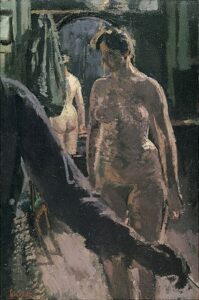
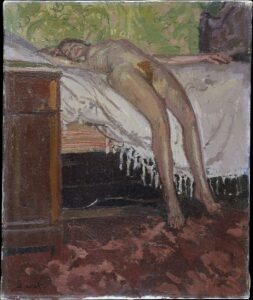
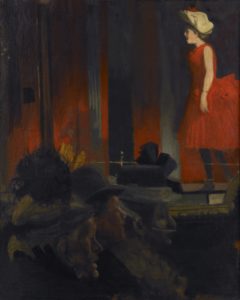
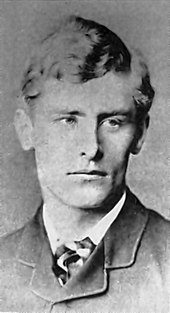

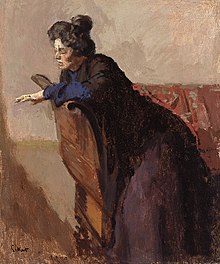

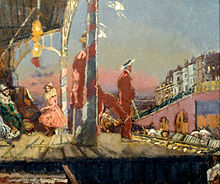

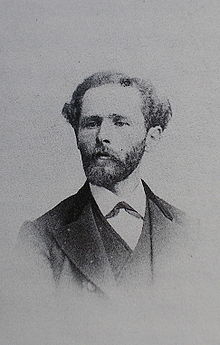
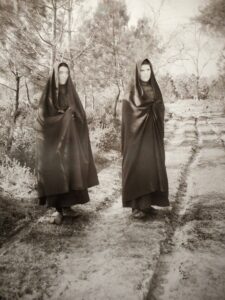
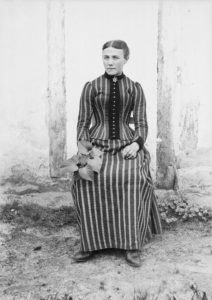






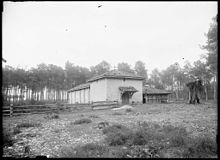







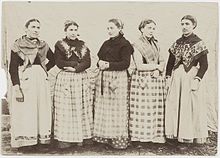
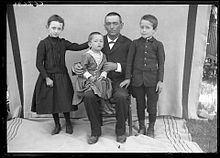

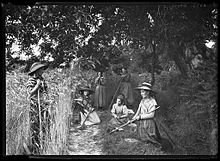


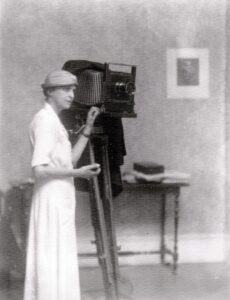
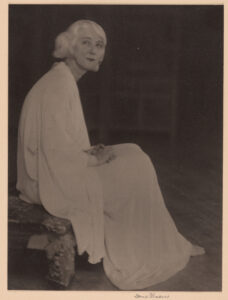
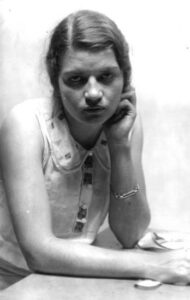
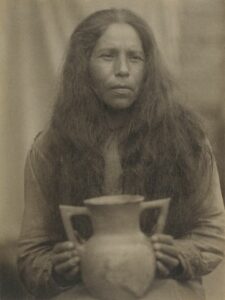




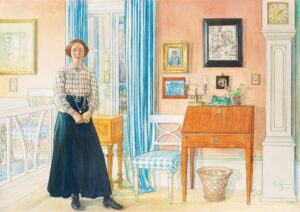
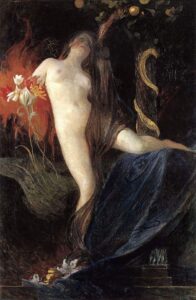



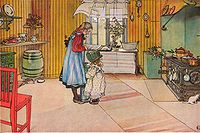
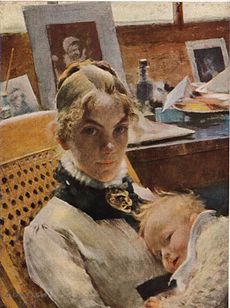





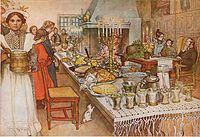


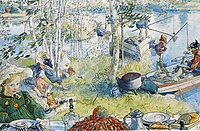



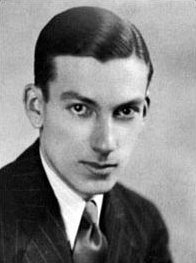
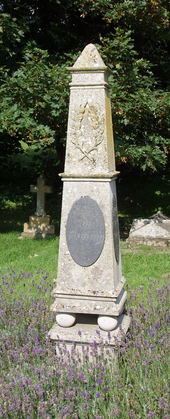
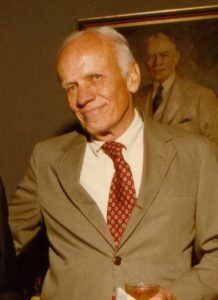
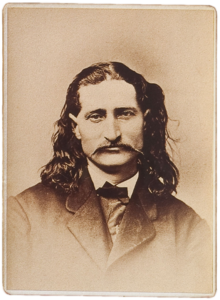
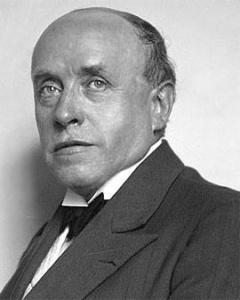
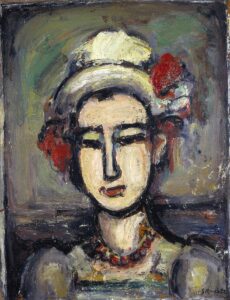

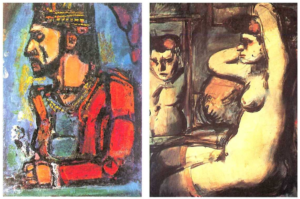
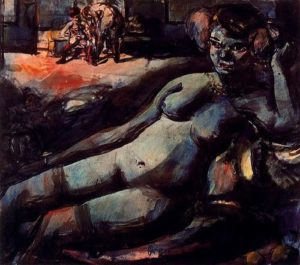
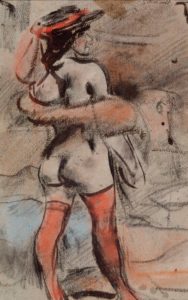



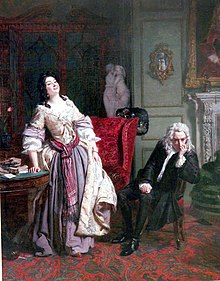




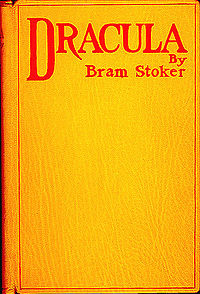 On this day in 1897 – Dracula, a novel by the Irish author Bram Stoker, is published. Of course, the book is famous for introducing the character of the vampire Count Dracula. The novel tells the story of Dracula’s attempt to move from Transylvania to England, so that he may find new blood and spread the undead curse, and of the battle between Dracula and a small group of men and women led by Professor Abraham Van Helsing. Dracula has been assigned to many literary genres including vampire literature, horror fiction, the gothic novel, and invasion literature. Stoker did not invent the vampire but he defined its modern form, and the novel has spawned numerous theatrical, film, and television interpretations.
On this day in 1897 – Dracula, a novel by the Irish author Bram Stoker, is published. Of course, the book is famous for introducing the character of the vampire Count Dracula. The novel tells the story of Dracula’s attempt to move from Transylvania to England, so that he may find new blood and spread the undead curse, and of the battle between Dracula and a small group of men and women led by Professor Abraham Van Helsing. Dracula has been assigned to many literary genres including vampire literature, horror fiction, the gothic novel, and invasion literature. Stoker did not invent the vampire but he defined its modern form, and the novel has spawned numerous theatrical, film, and television interpretations.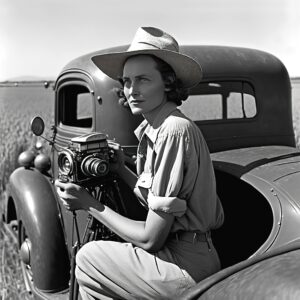
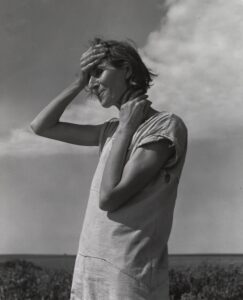
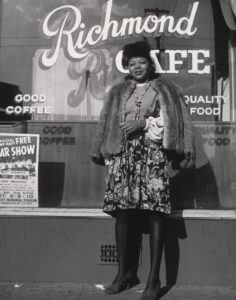
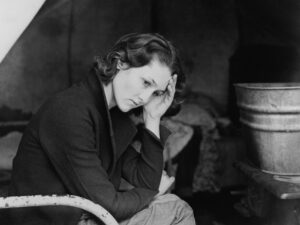
 Dear Zazie, Here is today’s Lovers’ Chronicle from Mac Tag. Rhett
Dear Zazie, Here is today’s Lovers’ Chronicle from Mac Tag. Rhett